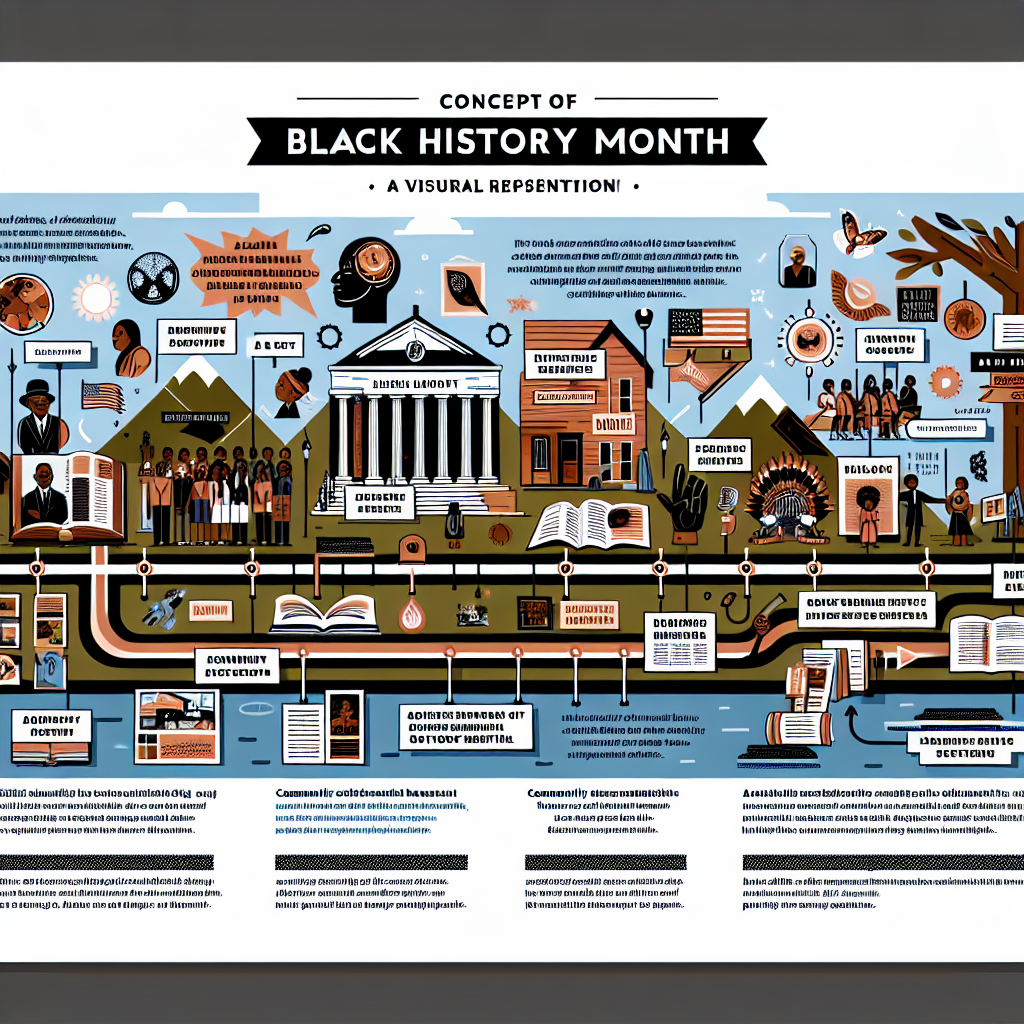Understanding Black History Month: Origins, Celebrations, and Common Myths
Understanding Black History Month: Origins, Celebrations, and Common Myths
Origins of Black History Month
Black History Month, celebrated every February in the United States and Canada, originated from “Negro History Week,” established by historian Carter G. Woodson in 1926. Woodson aimed to highlight African Americans’ contributions and counteract their historical marginalization.
Celebrations and Traditions
Black History Month is marked by various activities and events that honor African American culture and achievements. These include:
- Educational programs and lectures
- Art exhibitions and cultural performances
- Community service projects
- School and university events
Common Myths and Misconceptions
Despite its significance, Black History Month is often misunderstood. Common myths include:
- It’s only about slavery and civil rights.
- It’s exclusively for African Americans.
- It’s unnecessary in today’s society.
These misconceptions overlook the broader scope of Black history and its relevance to all Americans.
Conclusion
Black History Month serves as a vital reminder of African Americans’ rich history and contributions. By understanding its origins, celebrating its traditions, and dispelling myths, we can appreciate its importance in fostering a more inclusive society.






































